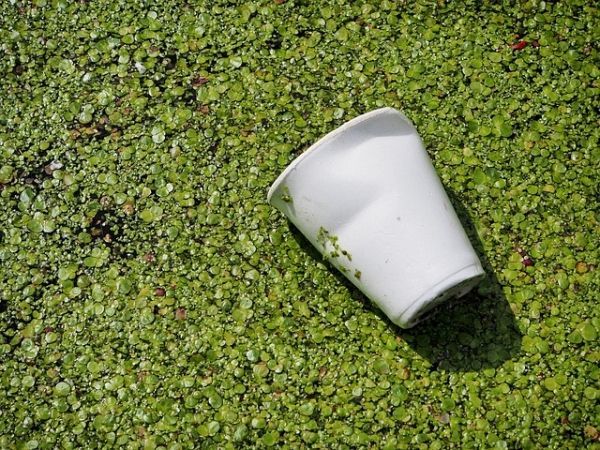Imagine throwing your empty plastic water bottle into a household composting bin that breaks down the plastic and produces biogas to help power your home. Now, researchers have taken an early step toward this futuristic scenario by showing that certain blends of bioplastics can decompose under diverse conditions. They report their results in the ACS journal Environmental Science & Technology.
Plastic waste pollution is a global environmental problem, particularly in oceans, where plastic debris can harm or kill sea animals and birds who ingest or become entangled in it. Despite increased levels of recycling in many countries, most plastic waste still ends up in landfills or the environment. Scientists have developed biodegradable plastics, but they often lack the flexibility, strength or toughness of conventional plastics. Blends of different bioplastics can offer improved characteristics, but their environmental fate is uncertain. Tanja Narancic, Kevin O’Connor, Ramesh Babu Padamati and colleagues wanted to examine the degradation of individual bioplastics and their blends under various conditions.
The researchers studied the fates of 15 different plastics or blends under managed conditions, such as composting and anaerobic digestion, as well as unmanaged environments, including soil and fresh or marine water.
Continue reading at American Chemical Society
Image via Pixabay, CC0 Creative Commons


